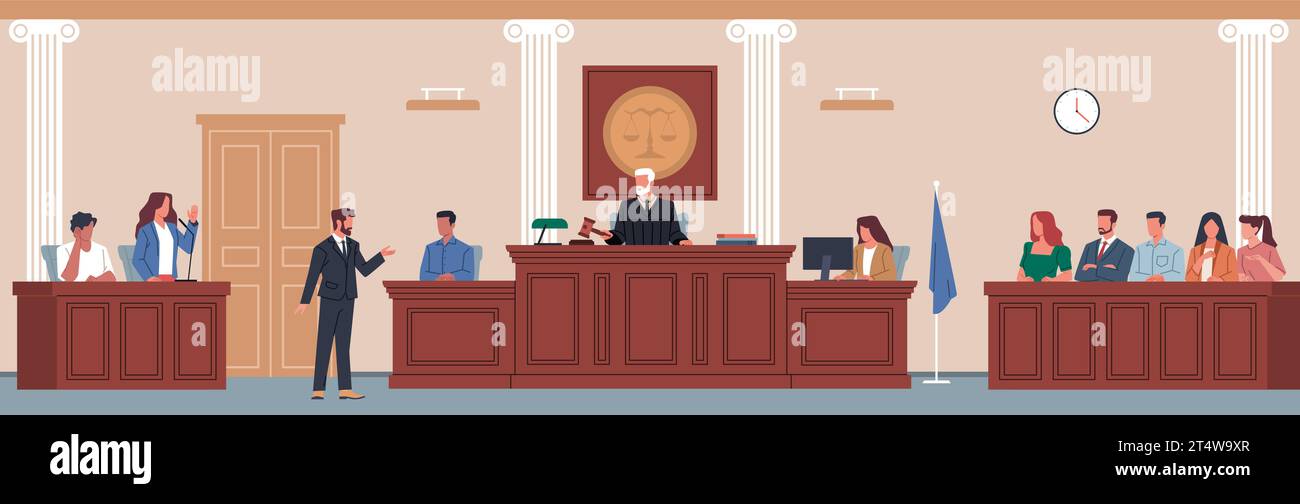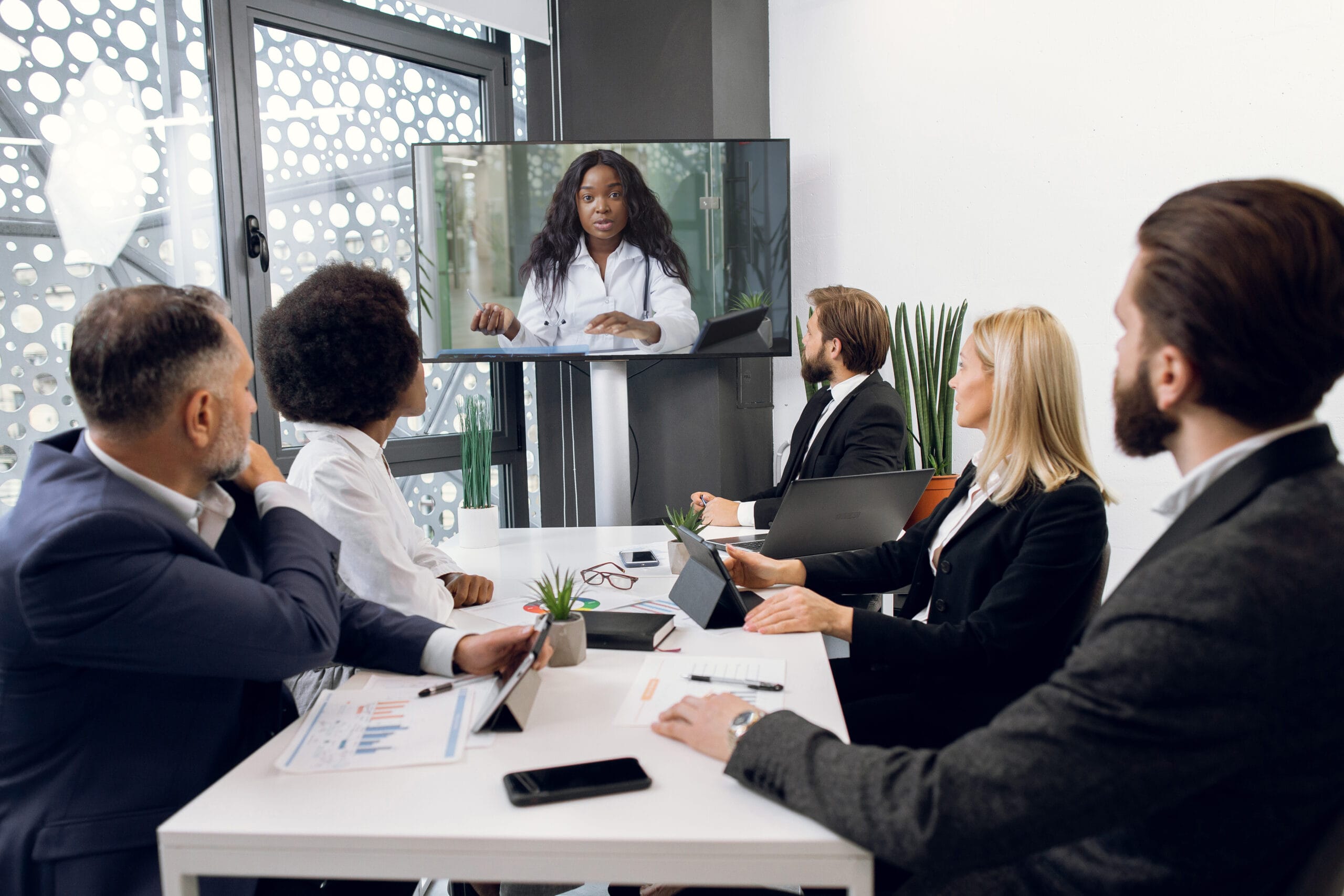Just How Trial Presentations Enhance Your Debate and Encourage Jurors
Test discussions act as a pivotal mechanism for boosting lawful debates and convincing jurors. By incorporating aesthetic aids, narrative structures, and psychological interaction, lawyers can create an engaging case that reverberates on multiple levels. The strategic usage of visuals not just clarifies complicated details however likewise records jurors' attention better than words alone. Nevertheless, the art of narration plays an equally crucial role in changing accurate proof into an engaging story, forming jurors' perceptions - trial presentations. Comprehending these components can considerably affect test outcomes, raising the inquiry of exactly how each part adds to this intricate dynamic.

Relevance of Aesthetic Help
Visual aids play a crucial duty in improving the efficiency of trial presentations, as they can dramatically increase audience interaction and retention of info. In the context of a test, where jurors are entrusted with handling complex info, visual help serve to streamline and make clear essential factors. Graphes, charts, and pictures can share information and concepts that may or else bewilder or puzzle jurors, enabling an extra simple understanding of the evidence presented.
Moreover, aesthetic aids aid in preserving juror attention throughout the process. By breaking the monotony of spoken testament, these tools can punctuate critical debates, making them a lot more unforgettable. Efficient aesthetic aids can also stimulate emotional responses, which can be crucial in convincing jurors to align with the speaker's narrative.

Crafting Engaging Narratives
A compelling narrative is crucial in trial presentations, as it functions as the foundation of reliable persuasion. It enables attorneys to weave with each other facts, proof, and psychological elements right into a coherent tale that resonates with jurors. This narrative framework allows jurors to comprehend the complexities of the instance while directing them through the attorney's debate.
To craft a compelling narrative, attorneys need to focus on quality and coherence. Additionally, the usage of vivid descriptions can develop mental images that aid jurors visualize the occasions, making the story extra remarkable.
Furthermore, integrating vital motifs throughout the discussion enhances the core message and help in retention click here for more info - trial presentations. The narrative must not only convey information but also evoke a sense of justice, highlighting the risks entailed. Inevitably, a sound narrative fosters a connection between the jurors and the situation, positioning the lawyer's disagreement as both reliable and engaging, therefore enhancing the possibility of a positive decision

Involving the Court Psychologically
Effective jury interaction depends upon the attorney's ability to get in touch with jurors on a psychological degree. This connection can dramatically affect jurors' perceptions and their ultimate decision-making. Making use of sob stories allows attorneys to humanize the situation, transforming abstract lawful ideas right into relatable experiences. By offering real-life tales or testimonials, attorneys can evoke compassion and compassion, fostering a much deeper understanding of the issues at risk.
Aesthetic aids, such as pictures or videos, can further boost psychological interaction, giving jurors with vivid representations of the case's human components. Crafting a narrative that highlights the battles and triumphs of the individuals involved guarantees that jurors see past the legal disagreements and identify the human consequences of their decisions.
Additionally, tone and body movement play an essential duty in conveying emotion. An attorney's passionate shipment can resonate with jurors, strengthening their psychological financial investment in case. It's important to balance sob stories with factual evidence, ensuring that jurors feel compelled to act while remaining grounded in the truth. Ultimately, an emotionally involved court is most likely to be encouraged, making psychological link a vital part of reliable test discussions.
Structuring Your Presentation

The body of the presentation need to be rationally segmented right into have a peek at this site crucial points, each sustained by compelling proof. It is useful to use narration techniques to weave realities into a story that jurors can easily adhere to. Visual help, such as charts and video clips, can enhance understanding and engagement, aiding to highlight vital items of evidence.
Real-World Instance Studies
Analyzing real-world situation researches gives important insights right into the art of test discussions and persuasion. The protection group effectively employed an approach that incorporated high-profile expert testimonies with multimedia presentations, which mesmerized jurors and eventually affected their choice.
One more significant instance is the "McDonald's Coffee Instance," where the complainant's lawyers made use of visuals photos of the injuries received by Stella Liebeck. trial presentations. This raw aesthetic proof played a critical duty in sharing the extent of her burns, visit homepage bring about a substantial court honor. Such situations demonstrate that impactful trial presentations frequently hinge on the reliable assimilation of visuals and narration to stimulate emotional reactions from jurors
Additionally, the "Casey Anthony Trial" highlighted the relevance of narrative comprehensibility and reputation. The prosecution's failing to establish a compelling timeline diminished their influential power, emphasizing the requirement of a well-structured presentation. Analyzing these instances exposes that successful test discussions need strategic preparation, psychological engagement, and the capacity to reverberate with jurors' values and ideas.
Final Thought
Trial discussions substantially enhance debates and convince jurors through the critical usage of visual help, compelling stories, and emotional involvement. By streamlining complex details and fostering links with the audience, these components produce a memorable and impactful experience. A well-structured discussion balances sob stories with accurate evidence, eventually resonating with jurors' values. The assimilation of these methods not just influences decision-making yet also emphasizes the significance of reliable communication in the court.